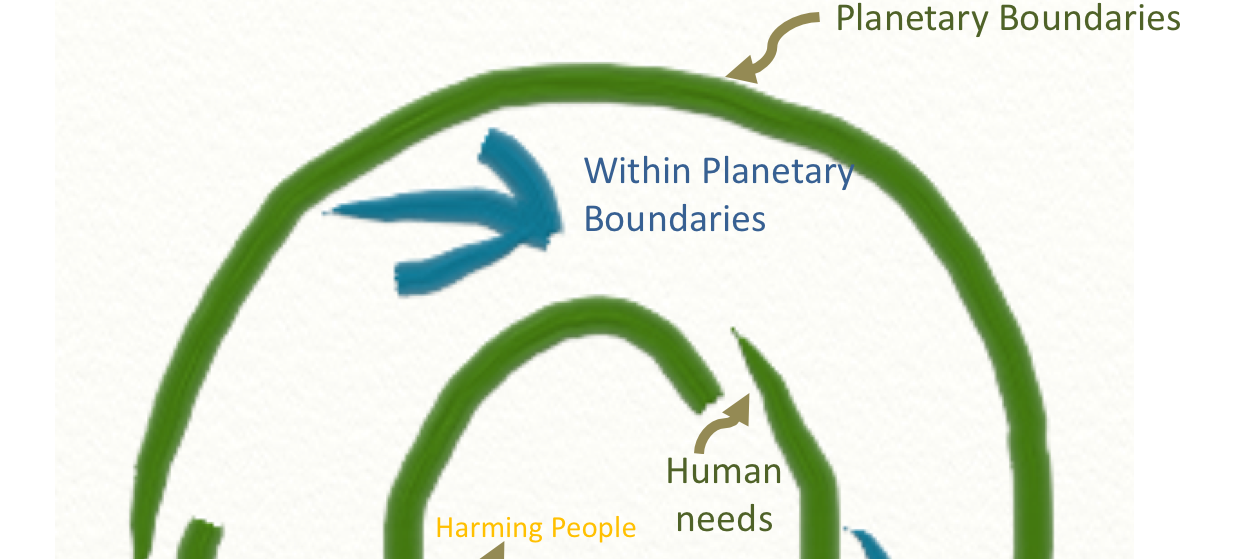The Foundation is working to develop economic mechanisms to help humanity transition to an equitable, sustainable and peaceful future. TSSEF began working on Pollution Dividend mechanisms, including a Carbon Dividend, in 2006. Since then our mechanism has appeared in reports by the Nordic Council and most recently, Canada has adopted a Carbon Dividend mechanism as part of its commitment to the Paris agreement, supported by the Carbon Leadership Council in the US.
The challenges we face are the result of system failures. Our aim is to provide perspective based on the following:
Given the present conditions in our nation, how can we design economic rules and management systems to sustainably ensure the 2030 goals are fulfilled to encompass all dimensions of human life including environment, society, enterprises and individual security?
TSSEF’s main focus
To this end we offer:
Advice and consultation:
Areas include help with understanding opportunities and pitfalls around:
- Basic Universal Income and Services in a transition strategy
- Market-based instruments for investment in the zero-emissions, circular economy
- Fully utilizing the promise of digital economy for the good of all
- Climate Dividends and other economic control mechanisms
- Avoiding housing bubbles
- Making capital available for clean-tech initiatives
- Handling energy price rises
Lectures and presentations
We offer speakers who can explain the reasoning behind how flexible control mechanisms can be applied in theory in practice, how control techniques can be applied to avoid bubbles, poverty and economic depression.
Education and training
The Foundation offers a wide range of education and training, using modern teaching approaches including business games and simulations.
How we work:
We seek out and synthesize a wide range of leading edge-thinking to:
- Produce policy papers, discussion papers and white papers on a wide range of topics where sustainability and economic policy overlap
- Work with leading thinkers to develop economic mechanisms like the flexible emission fee management system
- Offer our perspectives at conferences
- Provide policy guidance
- Participate in research and development programs
- Participate in the development of humanitarian solutions to energy, water and food security
- Organize think tanks, workshops and seminars
Typical questions we address include:
•Limited global fossil energy supply will prevent developing countries from following the same energy intensity patterns historically seen in OECD countries. Are there ways to “leap frog” development to create prosperous societies on a low fossil energy intensity?
•How interest rates can be kept low and inflation under control.
•How taxes and fees can be applied in a way that will promote the use of renewable energy whilst keeping business development stable.
•How to invest in water and food security to lay the foundation of prosperity.
•How to transform the economy from a destructive unsustainable economic growth paradigm.
•Measuring the costs of fossil fuel dependency – and finding ways to create energy resilience.
•Redefining work from a point of view of sustainable development.
•Measuring things that matter – economic and social indicators.
•How to introduce a new economic paradigm capable of eliminating moral hazard, speculative bubbles, market crashes, financial crises and depressions.
To find out more, please contact us via our contact page
